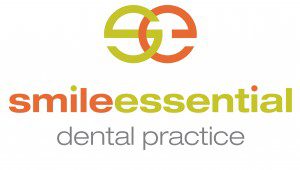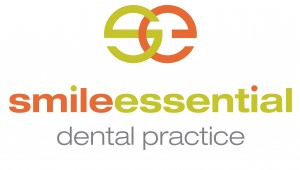
Tell us a bit about yourself?
My name is Rehab I am 23 years old and I have just graduated from University.
What’s your role at Smile Essential?
I am a ‘Decontamination Operative’, so I’m in charge of cleaning and sterilising all of the instruments used. I also help the other team members so that the dental surgeries run smoothly.
What’s your most favourite part of the job?
My favourite part is knowing that I did my job well because that has an effect on the practice in general. I take pride that people come into lovely clean surgeries.
How about your least favourite part?
The heat! We use two autoclaves to sterilise instruments and things can get pretty hot. It’s challenging on hot days.
What do you like about being part of the Smile Essential team?
I like that everyone is so close. We’re like a small family.
When you were little what did you dream you’d do when you grew up?
I wanted to be an artist. I still do paint and draw in my spare time.
What’s your favourite film?
It’s called the ‘Train to Busan’ it’s a South Korean horror film that has been quite popular.
Favourite TV programme?
My favourite TV programme is ‘That 70’s Show’, there are 8 seasons and I’ve watched it 3 times!
How important do you think a good smile is?
I think it’s very important. It is one of the first things people always notice about you. A great smile helps you to feel confident too.
Why is good dental health important?
Poor dental health can have an effect on your overall health. If you want to be a healthy start with good dental hygiene.
How important are regular dental visits?
They are vital. The dentist will help to keep you on track with your dental health. Remember they can get to the places you can’t.
Find out more about the rest of our team…






